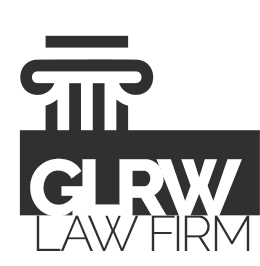
11 Dec Should I File A Chapter 13 or Chapter 7 Under NJ Bankruptcy Law?
Should I File A Chapter 13 or Chapter 7 Under NJ Bankruptcy Law?
The total credit card debt of American consumers is currently around $764 billion. That’s a frightening statistic given the rising cost of living in most cities.
Fortunately, Federal laws allow for an individual to seek debt relief by filing bankruptcy. This is a right provided to us by the U.S. Constitution, though each state has its own laws and guidelines regarding each type of bankruptcy.
Like in other states, New Jersey allows an individual to file either Chapter 7 or Chapter 13 bankruptcy. The type of bankruptcy you decide to file depends heavily on the situation you’re in.
A NJ bankruptcy law attorney will help guide you through the process, but you first need to educate yourself.
Let’s look at the details of each type. You’ll probably know right away which one is right for you.
Chapter 7 Bankruptcy
A person files Chapter 7 bankruptcy when they’re unable to pay unsecured debt. In these cases, the creditor doesn’t maintain interest in any type of property such as a vehicle or piece of real estate.
This type of bankruptcy is filed when someone needs to get control of debt resulting from credit cards, medical bills, personal loans, etc.
Under NJ bankruptcy law, a person’s monthly income must be lower than New Jersey’s median income. However, if you have a monthly income greater than the median income, you still might qualify for a Chapter 7 bankruptcy after passing a means test.
You can also consider filing Chapter 7 for the purpose of giving up property, such as a house or vehicle if you’re unable to continue making monthly payments. In this case, if you meet the requirements you can discharge either the mortgage or vehicle financing along with all unsecured debt.
Once you file Chapter 7, creditors can no longer call you about payments.
Chapter 13 Bankruptcy
Chapter 13 is filed in order to seek protection from losing your property. This could be a vehicle repossession or a home foreclosure.
You can also file a Chapter 13 if you’re unable to meet the requirements of Chapter 7 in order to discharge all unsecured debt. In this case, you’re only required to pay a portion of your debts to creditors as a result of being unable to get rid of all debt with a Chapter 7.
You may also file Chapter 13 in order to pay off debt that cannot be discharged with a Chapter 7 bankruptcy.
Under NJ bankruptcy law, Chapter 13 requires you to make monthly payments to a trustee. These payments could last from 36 to 60 months.
The amount of these monthly payments depends on:
- The value of your assets
- Back payments owed on a vehicle
- Mortgage payments owed
- Your income
The trustee will disburse monthly payments to creditors. Again, creditors can no longer contact you about payments.
NJ Bankruptcy Law Attorneys Can Help
Once you’ve determined which type of bankruptcy filing is better for you, it’s time to seek help. The bankruptcy process is complicated, so you’ll need an attorney to help navigate you through the procedure.
Weishoff & Richards have over 50 years of experience with bankruptcy cases in the New Jersey area. Contact us today.



Sorry, the comment form is closed at this time.